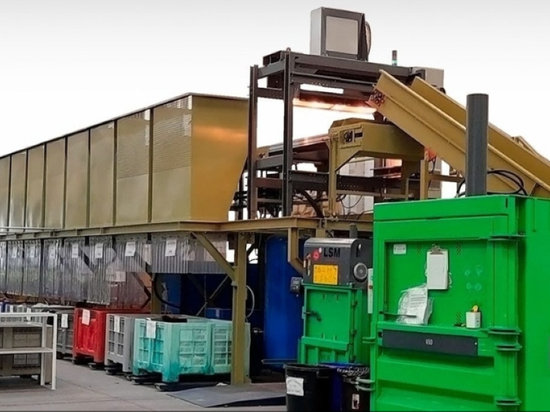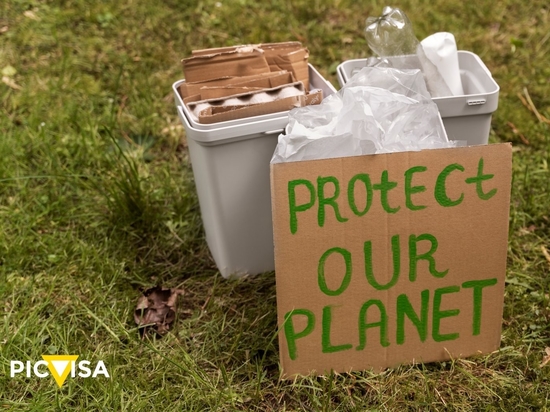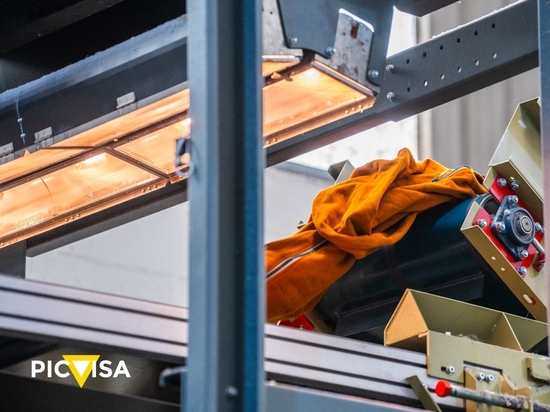
#Industry News
PICVISA: Innovative Leader in Waste Management in Spain
PICVISA: Innovative Leader in Waste Management in Spain
PICVISA: Innovative Leader in Waste Management in Spain
Household packaging recycling in 2023 managed by Ecoembes in Spain amounted to 1,683,390 tons, 3.5% more than the previous year and 12% more than five years ago. Yes, fortunately, the responsibility of citizens continues to grow, and with it, recycling, which is already a common practice in our society and considered one of the main tools for preserving the environment. Citizens have finally become aware that good waste management requires separation at source and proper recycling.
However, it was not until the 80’s that recycling began to gain importance in our country. In fact, it was then that glass companies installed the first glass recycling containers in San Sebastian, Madrid and Barcelona. In that decade, the first companies dedicated to waste management were created and the first laws and specific regulations were enacted to regulate their treatment.
It was precisely after Spain joined the European Union in 1986 that our country was faced with the need to adapt to European directives on the environment and waste management. In short, thanks to our incorporation into the EU, public policies began to be designed with the aim of promoting recycling. Since then, infrastructures have been created and waste management systems have been developed to ensure the correct separation and treatment of waste. However, the first step towards the implementation of recycling policies was taken in 1986, when the Law on Toxic and Hazardous Waste was enacted. However, it was not until the 1990s that programs were prepared and awareness campaigns were launched to promote recycling among the public.
Medium-term targets
With a view to the year 2030, Royal Decree 1055/2022, of 27 December, on packaging and packaging waste, establishes the need to achieve the following minimum targets by weight for the recycling of specific materials contained in packaging waste: 55% plastic, 30% wood, 80% ferrous metals, 60% aluminum, 85% paper and cardboard and 75% glass.
With regard to glass, another fact: according to the latest study by the Ministry of Ecological Transition and Demographic Challenge, in 2021 a total of 1,479,372 tons of glass packaging waste will be discarded, of which 65.80% will be recycled, i.e. 973,393 tons. Fortunately, Spain is already a country that is increasingly concerned about the future of its environment.
Another fact about glass: according to the latest study by the Ministry of Ecological Transition and Demographic Challenge, in 2021 a total of 1,479,372 tons of glass packaging waste will be discarded, of which 65.80% will be recycled, or 973,393 tons. Fortunately, Spain is already a country that is increasingly concerned about the future of its environment.
At this point, PICVISA has become a benchmark. We are proud to be pioneers in the design, development and manufacture of sorting and classification equipment for recyclable materials. Specializing in solutions for the sorting of used glass, PICVISA is at the forefront of intelligent recycling. In fact, we are pioneers in Spain, Brazil, Guatemala, and Portugal in the classification of glass from municipal solid waste (MSW). And our technology also sets the standard for optical sorting of glass from selective collection.
It’s not for nothing that PICVISA was honored with the Industry 4.0 Award as part of the Company of the Year Awards 2024. Yes, we are proud of this award, but we are even prouder of having become a pioneering company at the forefront of the recycling industry. We are proud to be a proponent of the circular economy, of optimizing the use of materials and products, and of decoupling economic development from the consumption of finite resources.
At PICVISA, we seek to respond to global challenges such as population growth, increasing demand for resources and energy, the impact of global warming, and economic vulnerability in the face of dependence and volatility of commodity prices. And we know that, to achieve this transformation, it is important that we help companies that, if they are to become more sustainable, are obliged to re-evaluate their use of resources and their contribution to economic growth. These companies should know that, when it comes to adopting more circular practices, PICVISA can be your best partner.





